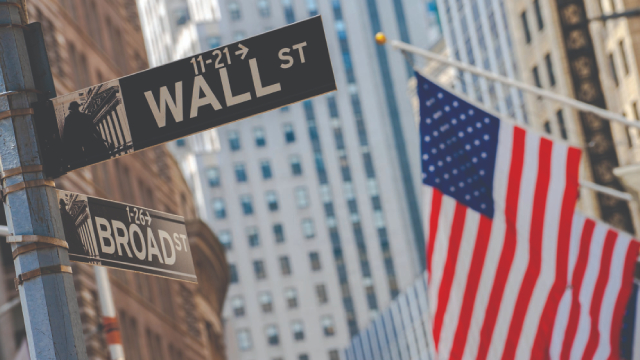Exploring the Intersection of DEI, ESG, and Corporate Responsibility
Evaluating the Impact of Controversy on Brands
Reflections on the Dylan Mulvaney Scandal and Bud Light
As former Anheuser-Busch President of Operations, Anson Frericks offers valuable insights into the complex world of corporate decision-making. In a recent interview, Frericks discussed the role that Diversity, Equity, and Inclusion (DEI) and Environmental, Social, and Governance (ESG) principles play in shaping a company’s reputation and bottom line. These considerations are more important than ever in today’s fast-paced business landscape.
One significant case study that Frericks examined was the Dylan Mulvaney controversy and its impact on the Bud Light brand. The fallout from this scandal serves as a cautionary tale for companies looking to navigate the tricky waters of social responsibility and public perception. The incident shed light on the importance of proactive measures to address DEI issues within organizations and the need for transparent ESG practices that reflect a commitment to sustainability and ethical business practices.
Should Companies Take a Stand on Political Issues?
Another hotly debated topic that Frericks touched upon was whether companies should wade into the waters of political discourse. While it can be tempting for brands to align themselves with certain causes or movements, Frericks warned of the potential pitfalls of taking a strong stance on divisive issues. The line between corporate responsibility and political activism is a thin one, and missteps in this area can have lasting repercussions for a company’s reputation and bottom line.
Ultimately, Frericks emphasized the importance of striking a balance between championing DEI and ESG initiatives and staying true to the core values of a brand. By prioritizing transparency, accountability, and authenticity, companies can build trust with consumers and stakeholders, positioning themselves for long-term success in an increasingly complex and interconnected global market.
How Does This Impact Me?
For individuals, the insights shared by Anson Frericks serve as a valuable reminder of the power of consumer activism and the importance of holding companies accountable for their actions. By supporting brands that align with their values and ethics, consumers can drive positive change in the corporate world and beyond.
How Does This Impact the World?
On a broader scale, the conversation around DEI, ESG, and corporate responsibility has far-reaching implications for society as a whole. As companies grapple with the challenges of fostering diversity, equity, and inclusion in the workplace and embracing sustainable business practices, the ripple effects of these decisions are felt across industries and communities worldwide.
Conclusion
As we navigate the complex intersection of DEI, ESG, and corporate responsibility, it is essential for companies to approach these issues with care, compassion, and integrity. By prioritizing transparency, accountability, and a commitment to positive social impact, brands can not only weather the storms of controversy but emerge stronger, more resilient, and more aligned with the values of their customers and stakeholders.





